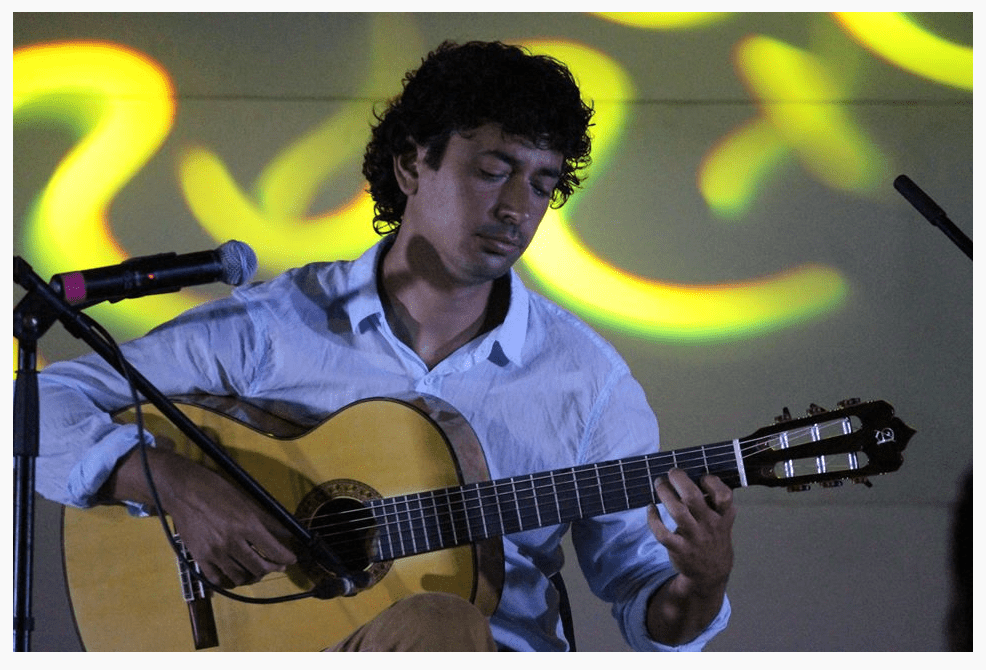
The Spanish guitar is increasingly arousing passion in China.
This interest is demonstrated by the growing demand for Spanish artists to conduct flamenco workshops and an increase in performances by flamenco groups. Interest in flamenco in China dates back to the 1990s and is linked to the growing appeal of the Spanish brand in the Asian country. After all, as trade relations between the two countries grow, so does curiosity about the Spanish language, gastronomy, and culture. In this sense, flamenco represents a synthesis of the elements associated with Spanish culture, such as classical guitar and dance, and with values such as tradition, passion, and celebration. The numerous centers that teach flamenco in China are full of young people, who are interested in guitar music or dance as a form of expression. All of this translates into new business opportunities for Spanish companies, especially those related to the performing arts. As awareness of flamenco increases, dance companies and sectors such as classical guitar manufacturing are expected to find an increasingly open market eager for Spanish culture and products. If the passion for flamenco continues to grow and consolidates in the world's most populous country, the art form that was born centuries ago in Andalusia could experience unprecedented expansion and become a universal sentiment and a bridge between cultures.












